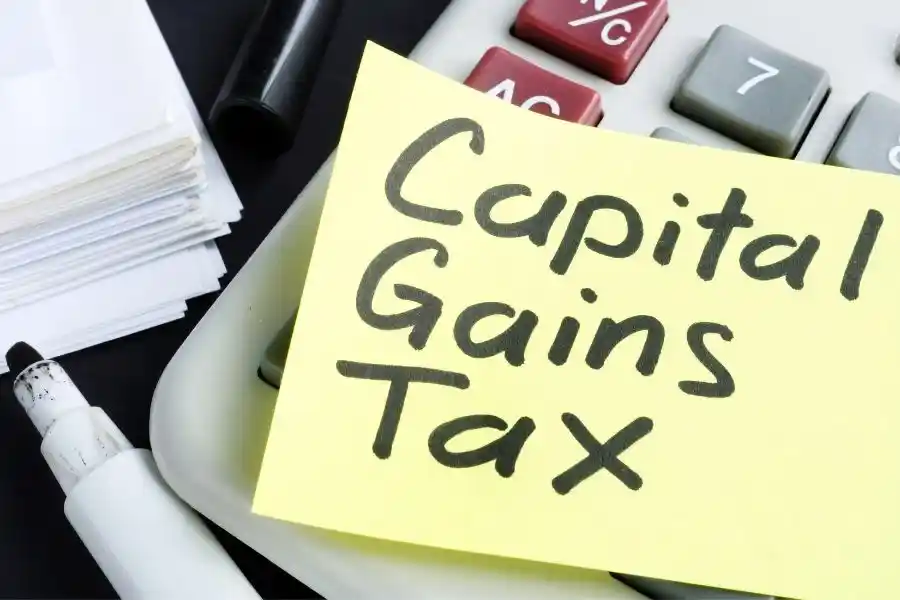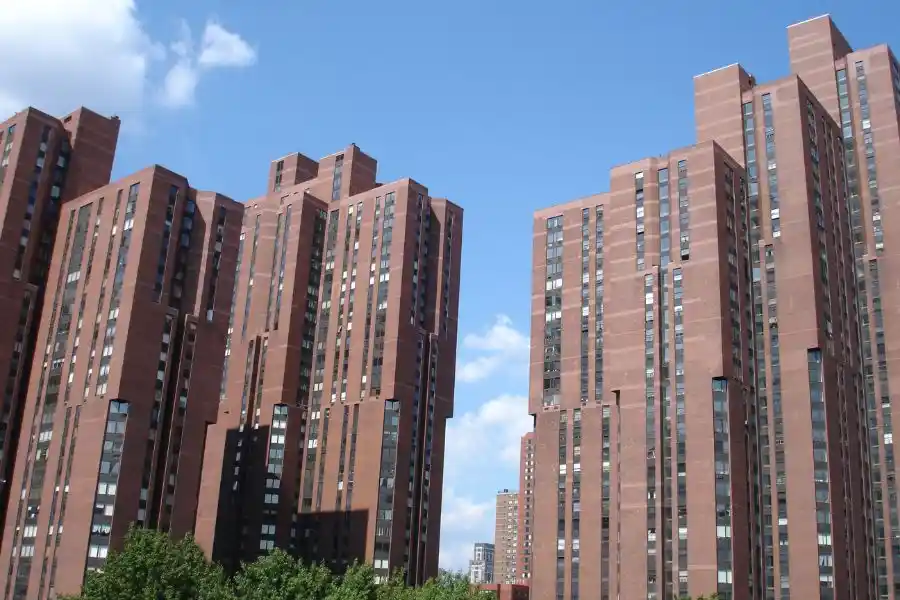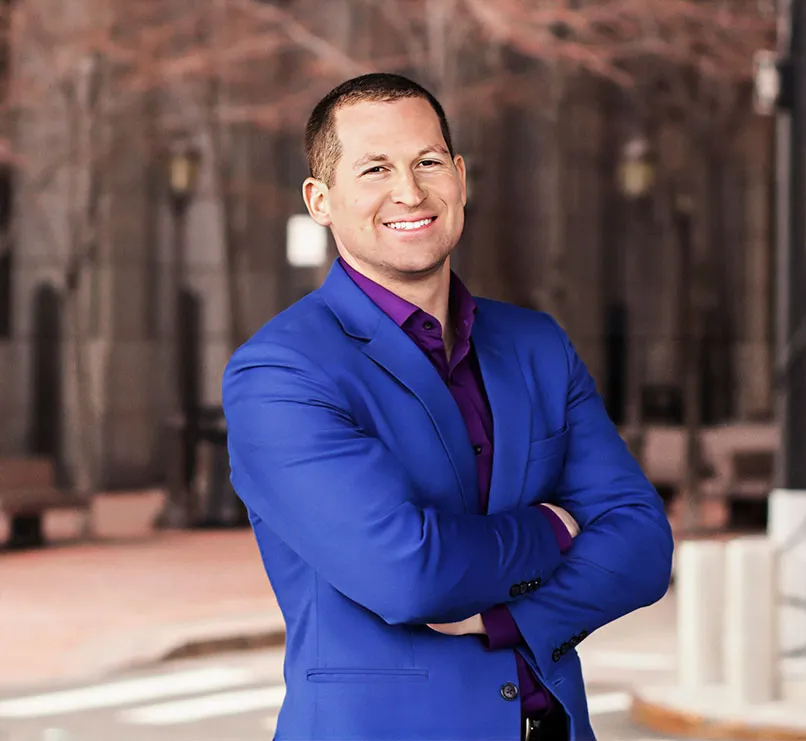One of the things many first-time home buyers are surprised to know is they are not on the hook for their agent’s commission. “Does the seller pay buyers agent in NYC?” Is a common question many agents and New York City brokers field, but that might change going forward.
The Current Practice
The current practice is that the seller usually pays the buyer’s agent in NYC. When a seller works with a listing/seller’s agent, they agree to pay a commission between 5% and 6%. A standard part of this contract (between the seller and their agent) is that if a buyer’s agent connects them to a buyer for the property, the listing agent will split this commission with them, with half going to the buyer’s agent. So buyers end up not paying anything upfront, but since sellers usually factor this additional cost into their asking price, they are essentially paying for it but not out of pocket.

The Changing Laws and Trends
From the beginning of this year, all New York City brokers registered with the Real Estate Board of Nx`ew York (REBNY) must adhere to new commission rules. These rules were introduced due to an antitrust law and state that only sellers, not their agents or the listing agency they are working with, have the power to offer a commission to the buyer’s agent.
So in essence, buyer’s agents will now have to negotiate their own commission with sellers and if they don’t offer to pay commissions at all or not pay enough, the agent can ask you (the buyer) to pay the commission or cover the gap.
Since it’s a new practice and may take some time to seep into the market, many sellers might still be comfortable paying the buyer’s agent and rolling it into the asking price. But it can change with the market dynamics. Sellers of highly desirable properties might push the onus of buyer’s commission to buyers themselves. This can make a significant addition to the out-of-pocket costs for buyers.












